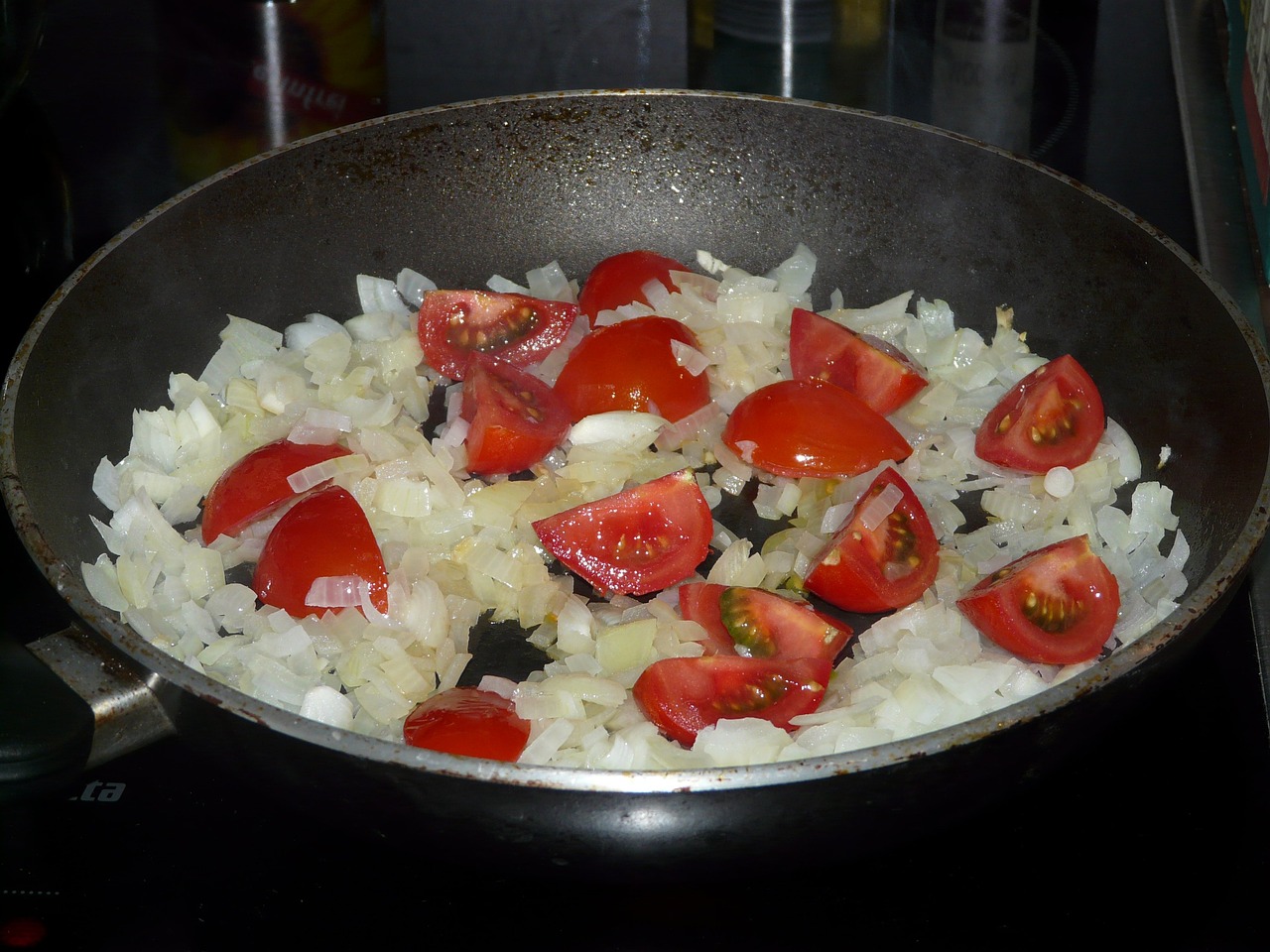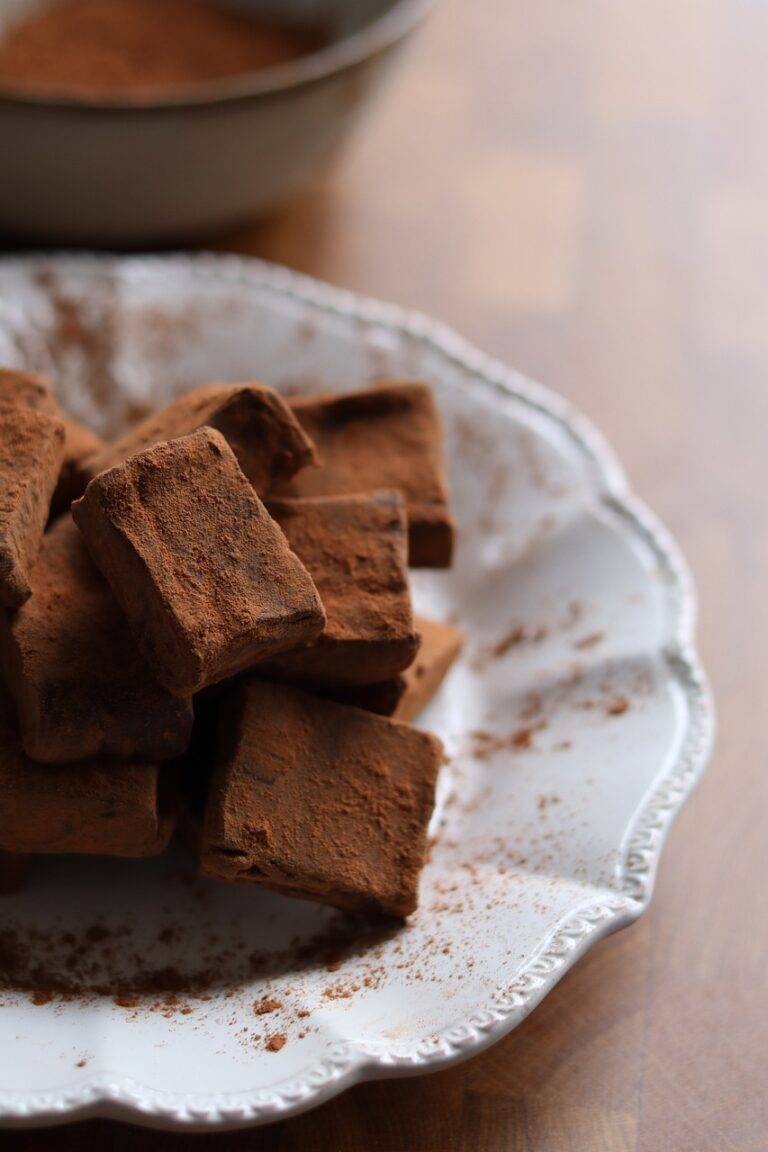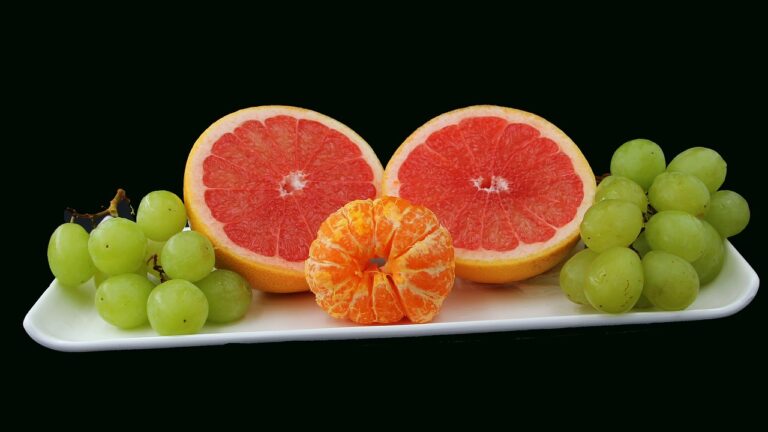The Future of Plant-Based Pectin in Jam Production: Goldbet7.com login, Radha exchange, 11xplay online
goldbet7.com login, radha exchange, 11xplay online: As consumers become more health-conscious and environmentally aware, the demand for plant-based alternatives in various industries continues to rise. One such industry that is experiencing a shift towards plant-based ingredients is the jam production industry. Traditionally, jams are made using gelatin or artificial additives to achieve the desired texture and consistency. However, with the growing popularity of plant-based diets, manufacturers are turning to plant-based pectin as a more natural and sustainable alternative. In this article, we will explore the future of plant-based pectin in jam production and the benefits it offers.
What is Pectin?
Pectin is a naturally occurring substance found in fruits and vegetables, particularly in the peels and cores. It is a complex carbohydrate that acts as a gelling agent when combined with sugar and acid, creating a gel-like texture in jams and jellies. Pectin is commonly used in the food industry for its gelling, thickening, and stabilizing properties. While pectin is naturally present in fruit, commercial pectin is often extracted from citrus peels or apple pomace.
The Rise of Plant-Based Pectin
Traditionally, pectin extracted from citrus peels or apple pomace has been the go-to ingredient for jam production. However, with the increasing demand for plant-based alternatives, manufacturers are turning to plant-based sources of pectin. Plant-based pectin is derived from fruits like citrus fruits, apples, grapes, and berries. By using plant-based pectin, manufacturers can cater to the growing market of consumers looking for natural and sustainable products.
Benefits of Plant-Based Pectin
There are several benefits to using plant-based pectin in jam production. Firstly, plant-based pectin is a natural ingredient that is free from artificial additives and chemicals. This makes it a healthier option for consumers looking to avoid synthetic ingredients in their food. Plant-based pectin also offers a more sustainable alternative to traditional pectin sources like citrus peels, which can generate a significant amount of waste during the extraction process. By using plant-based pectin, manufacturers can reduce their environmental impact and appeal to eco-conscious consumers.
Furthermore, plant-based pectin is suitable for vegan and vegetarian diets, making it a versatile ingredient for a wide range of dietary preferences. Plant-based pectin also has a neutral flavor, allowing the natural fruit flavors to shine through in jams and jellies. This makes it a popular choice among consumers who appreciate the authentic taste of homemade jams without added artificial flavors or preservatives.
The Future of Plant-Based Pectin in Jam Production
As the demand for plant-based products continues to grow, the future of plant-based pectin in jam production looks promising. Manufacturers are increasingly recognizing the benefits of plant-based pectin in creating natural, sustainable, and authentic products. With consumer preferences shifting towards healthier and more environmentally friendly options, plant-based pectin provides a viable solution for meeting these demands.
Incorporating plant-based pectin into jam production also opens up opportunities for innovation and product development. Manufacturers can experiment with different fruit sources of pectin to create unique flavor combinations and textures in their jams and jellies. Plant-based pectin offers flexibility in formulation, allowing manufacturers to cater to a diverse market of consumers with varying dietary preferences and taste preferences.
FAQs
Q: Is plant-based pectin better than traditional pectin for jam production?
A: Plant-based pectin offers a natural, sustainable, and versatile alternative to traditional pectin sources. It is free from artificial additives, suitable for vegan and vegetarian diets, and has a neutral flavor that enhances the natural fruit flavors in jams and jellies.
Q: Are there any drawbacks to using plant-based pectin in jam production?
A: While plant-based pectin offers many benefits, it may require additional processing steps compared to traditional pectin sources. Manufacturers may need to invest in equipment and technology to extract pectin from plant-based sources efficiently.
Q: Where can I find plant-based pectin for jam production?
A: Plant-based pectin is widely available from suppliers specializing in natural and organic ingredients. Manufacturers can source plant-based pectin from reputable suppliers to ensure quality and consistency in their jam production.
In conclusion, the future of plant-based pectin in jam production is bright, with manufacturers embracing this natural and sustainable ingredient to create delicious and authentic products. By incorporating plant-based pectin into their formulations, manufacturers can meet the growing demand for healthier, more environmentally friendly options while appealing to a diverse market of consumers with varying dietary preferences. Plant-based pectin offers a multitude of benefits for both manufacturers and consumers, making it a promising ingredient for the future of jam production.







